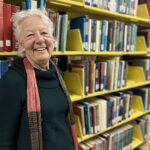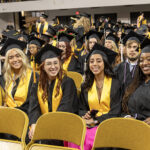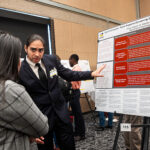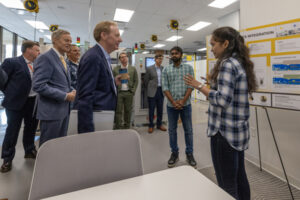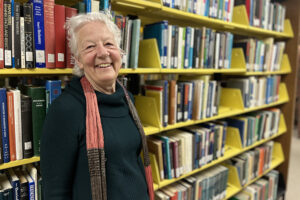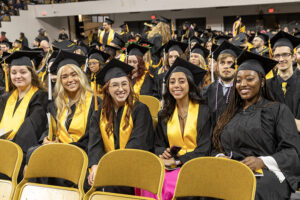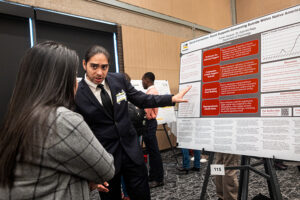UWM faculty, researchers and staff have come together to support emergency health care workers and first responders by donating their personal protective equipment.
With the UWM Police Department and University Safety and Assurances coordinating the collection, the university secured 31,300 gloves, nearly 900 masks (345 of which are N95 respirators that the CDC notes are most capable of stopping bacteria and viruses), 125 pieces of eye protection, 20 gowns and nine hazmat suits. All are instrumental to help protect health workers and limit the spread of COVID-19.
The supplies were donated to the Milwaukee County Unified Emergency Operations Center Wednesday afternoon. From there, the materials will be distributed to local hospitals and first responders in Milwaukee County, which has experienced the greatest number of cases in Wisconsin.
“We need to try to support as local as possible right now,” said Danielle Rintala, biological safety officer with University Safety and Assurances.
The collection began March 25 and ran through March 31. On weekdays from 8 a.m. to 3 p.m., people from UWM schools, colleges and other areas could drop off materials at the UWM Police Department office. Lt. Brian Switala said that because donations were not tracked, there is no way to know exactly which departments donated what. It was, he notes, a team effort by the university to give back to the community.
“We’re all really impressed with what UWM was able to do,” Switala said.
As COVID-19 spreads throughout the state and the nation, personal protective equipment for health care workers has become crucial as shortages abound. Donations such as these help alleviate the stress.
“There are nurses that are using the same face mask every day for a week,” Rintala said. “It’s good to see that we have extra stuff available that people can give up.”
The UWM Police Department and University Safety and Assurances are thankful for all those who donated.
“Without them, this wouldn’t be possible,” Switala said.

